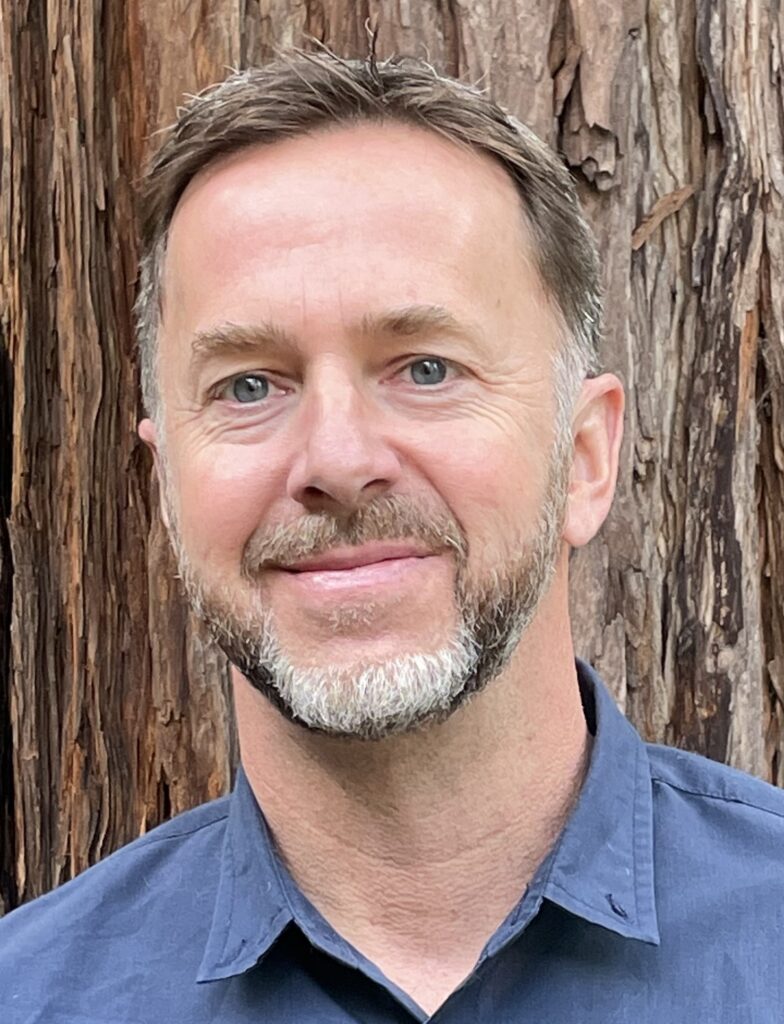
by Gia Martucci
“There’s incredible power in sharing with a group of people who are going through similar experiences,” says Joan*. After the devastating and sudden loss of her wife of nearly 40 years, Joan’s world felt empty, and she struggled to find meaning and connection in the aftermath. For months, Joan’s grief consumed her in ways that felt deeply isolating and insurmountable. When a friend recommended that she join a grief support group at YoloCares, a nonprofit hospice in Davis, Joan discovered that sharing her story with a community of fellow grievers helped her forge a path forward.
Joan’s experience is not uncommon; the topics of death and grief are often stigmatized, leaving those who have endured the loss of a loved one without a blueprint for processing their emotions. Many people are unaware that their local nonprofit hospice agency offers grief support for the community at large—more so, nonprofit hospices hold space for a desperately needed public discourse on loss.
When it comes to death and grief, community-minded hospices are working to challenge stigmas that exacerbate the suffering of grief through public education. While one can expect to find support groups, one-on-one counseling, and referrals to therapy through their local nonprofit hospices, they can also get connected to community workshops, seminars, interfaith memorials, grief camps for children, and so much more. These additional venues jump-start a dialogue around grief, helping people to feel more comfortable with the experience and forging connections between those who are suffering from a loss.
At YoloCares’ Center for Loss & Hope, creative events like Dinner with Death help people like Joan de-program their negative connotations with death and grief. “We see grief not as a pathology of the mind that must be cured, but a natural reaction to devastating experiences. We don’t want to ‘cure’ people of their grief, we want to teach them the skills to live with, and grow, from their grief,” says Chris Erdman, director of the Center for Loss & Hope.
These creative initiatives to rebrand the experience of death and grief aren’t the only ways nonprofit hospices are trying to think outside of the box. In a state as diverse as California, offering culturally sensitive and accessible services to the community is necessary.

Director of community programs
Hospice of Santa Cruz County
“Because we serve a diverse and dynamic population, we want to make our offerings diverse and dynamic as well because it’s not a one-size-fits-all enterprise. Grief is a personal thing, grief has different expressions cross-culturally, so we try to sensitize our staff to meet people where they’re at and help people understand there’s no wrong way to grieve,” says Forbes Ellis, director of community programs with the nonprofit Hospice of Santa Cruz County.
With so few community resources that address the overwhelmingly universal experience of death and loss, protecting the legacy of non-profit hospices in a state where over 90% of all hospices are for-profit becomes a dire need. According to a 2017 study, for-profit hospices reported spending less than half of what nonprofit hospices spend on bereavement services. With limited funding allocated for bereavement, families of patients who receive care from for-profit hospices may be left on their own to process their loss.
The California Hospice Network, a collaboration of like-minded non-profit hospices that includes YoloCares, Hospice of the Foothills, and Hospice of Santa Cruz County, is leading the charge to safeguard legacy non-profit hospices and their invaluable grief support resources. For members of the Network, collaboration is at the heart of their mission. When it comes to bereavement support, each member hospice shares resources and best practices, helping them to broaden their public offerings and support the collective mission to provide exceptional care to patients and their loved ones.
“As part of California Hospice Network, we really encourage people to do their homework; patients have rights, patients have choice,” says Diane Syrcle, chief mission officer with Hospice of Santa Cruz County. “Pursue and find the nonprofit. The level and quality of care for the patient is going to be higher and the amount of support the patient’s family will receive will be far more substantial.”
*Names have been changed to protect privacy.
Visit www.medicare.gov and search for nonprofit hospice providers near you. For more information on The California Hospice Network and its affiliates, please visit https://www.cahospicenetwork.org/.




